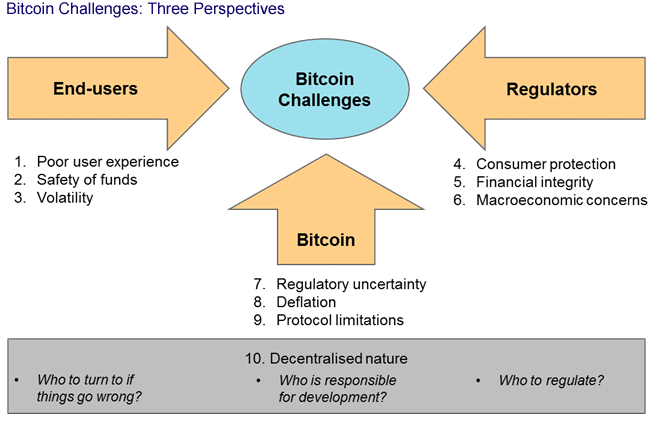The Future of Bitcoin: Opportunities and Challenges Leave a comment
Bitcoin has come a long way since its inception in 2009. What started as a small experiment in digital currency has grown into a global phenomenon with a market capitalization of over $1 trillion. As Bitcoin continues to gain momentum, it is important to explore its future opportunities and challenges. In this blog post, we will take a deep dive into the future of Bitcoin, examining its potential for continued growth and adoption, as well as the hurdles it must overcome to reach its full potential.
Opportunities
Decentralization: One of the key features of Bitcoin is its decentralized nature. Unlike traditional currencies, Bitcoin is not controlled by any central authority like a government or bank. This decentralization provides a level of transparency and security that is unmatched by traditional currencies. As more people become aware of the benefits of decentralization, we can expect Bitcoin to continue to gain popularity.
Blockchain Technology: Bitcoin’s underlying technology, the blockchain, is a distributed ledger that enables secure and transparent transactions. This technology has the potential to revolutionize industries beyond finance, such as supply chain management and voting systems. As more people recognize the potential of blockchain technology, it is likely that Bitcoin will benefit from increased adoption.
Adoption: Although Bitcoin has made significant strides in recent years, it is still not widely accepted as a form of payment. However, as more businesses and individuals begin to accept Bitcoin as a legitimate form of payment, its value is likely to increase. This increased adoption will also make it easier for people to buy and sell Bitcoin, which will further drive its growth.
Challenges
Regulation: One of the biggest challenges facing Bitcoin is regulation. Governments around the world are grappling with how to regulate cryptocurrencies, which often fall into a legal gray area. While some countries have taken a hands-off approach, others have taken a more aggressive stance. As Bitcoin continues to grow, it is likely that governments will become more involved in its regulation, which could either help or hinder its growth.
Scalability: As more people begin to use Bitcoin, there are concerns about its scalability. The blockchain can only handle a limited number of transactions per second, which can lead to delays and higher transaction fees. To overcome this challenge, developers are working on scaling solutions such as the Lightning Network, which enables faster and cheaper transactions.
Security: While Bitcoin’s decentralized nature provides a level of security, it is not immune to hacking and theft. In fact, there have been several high-profile hacks of Bitcoin exchanges in recent years. To address this challenge, developers are working on improving the security of Bitcoin’s underlying technology and implementing best practices for securing Bitcoin wallets.
Conclusion
Bitcoin’s future is bright, but it is not without its challenges. As the cryptocurrency continues to gain popularity, it will face increasing pressure from governments and other regulatory bodies. At the same time, developers are working hard to address scalability and security concerns. Despite these challenges, the opportunities presented by Bitcoin’s decentralization, blockchain technology, and potential for increased adoption make it a promising investment for those willing to take on the risk.
In summary, Bitcoin has the potential to change the world of finance and beyond. While its future is uncertain, its opportunities and challenges are clear. As we look to the future of Bitcoin, we must remain vigilant in addressing the challenges while continuing to take advantage of the opportunities presented by this groundbreaking technology.
















